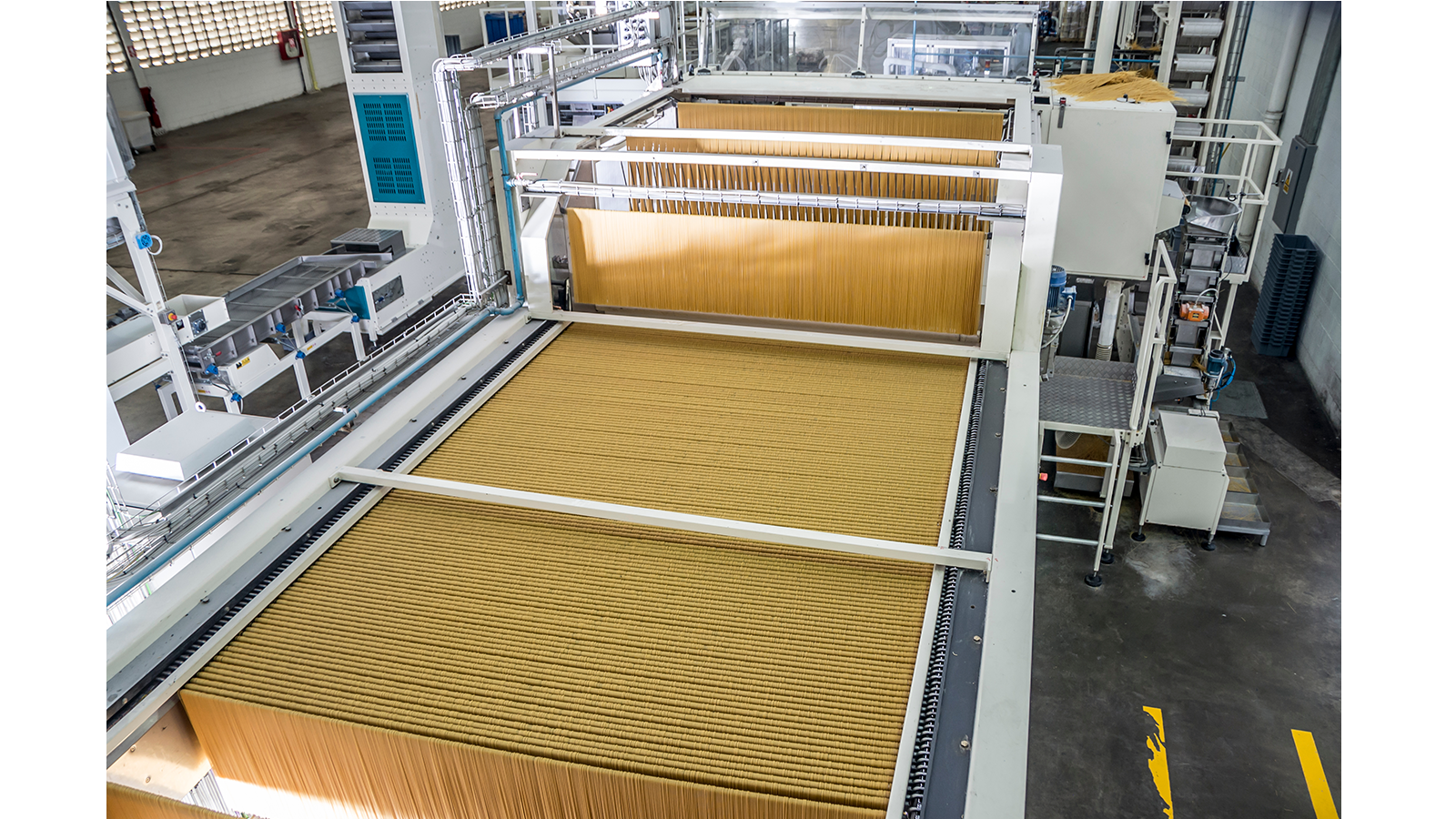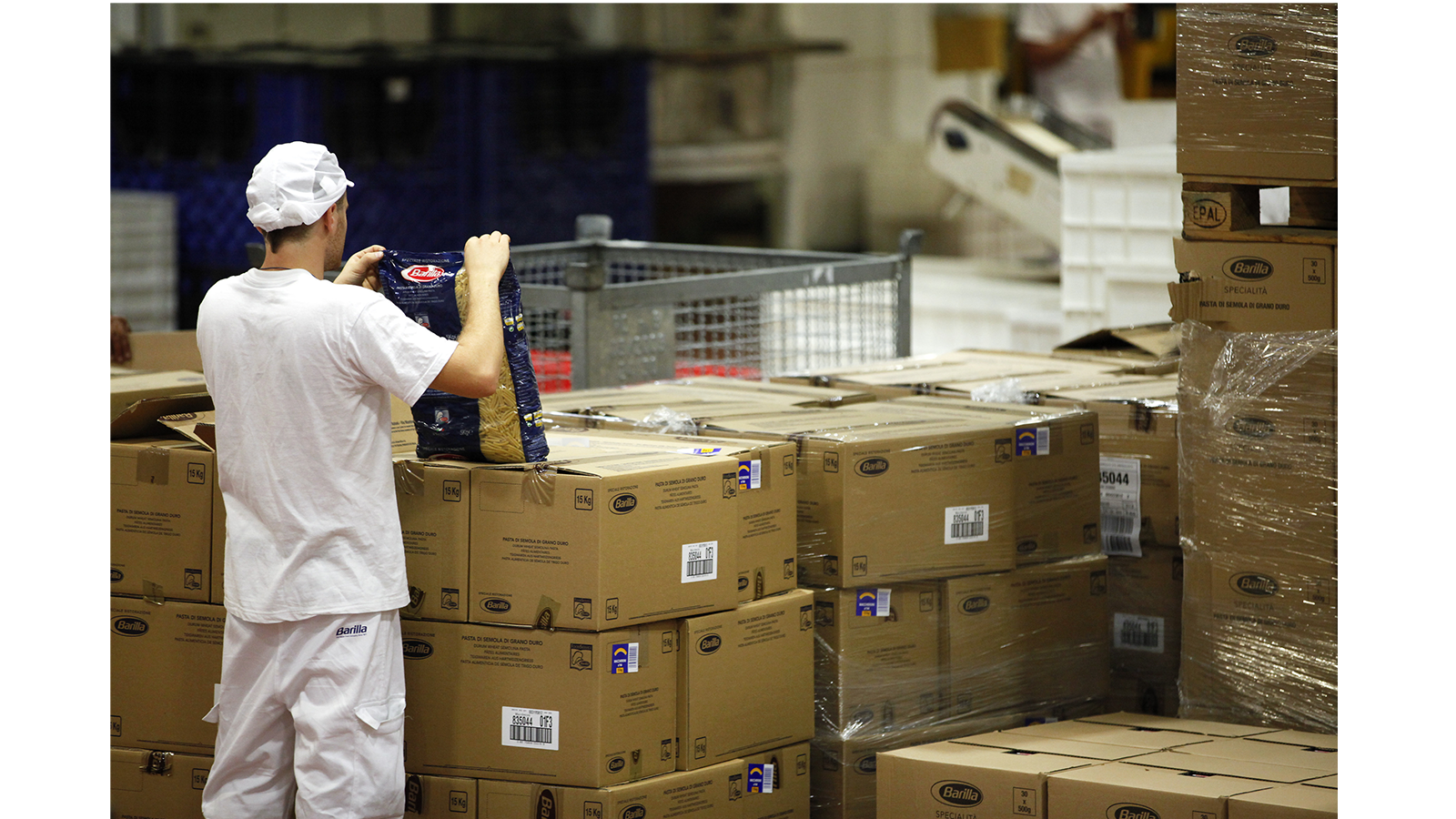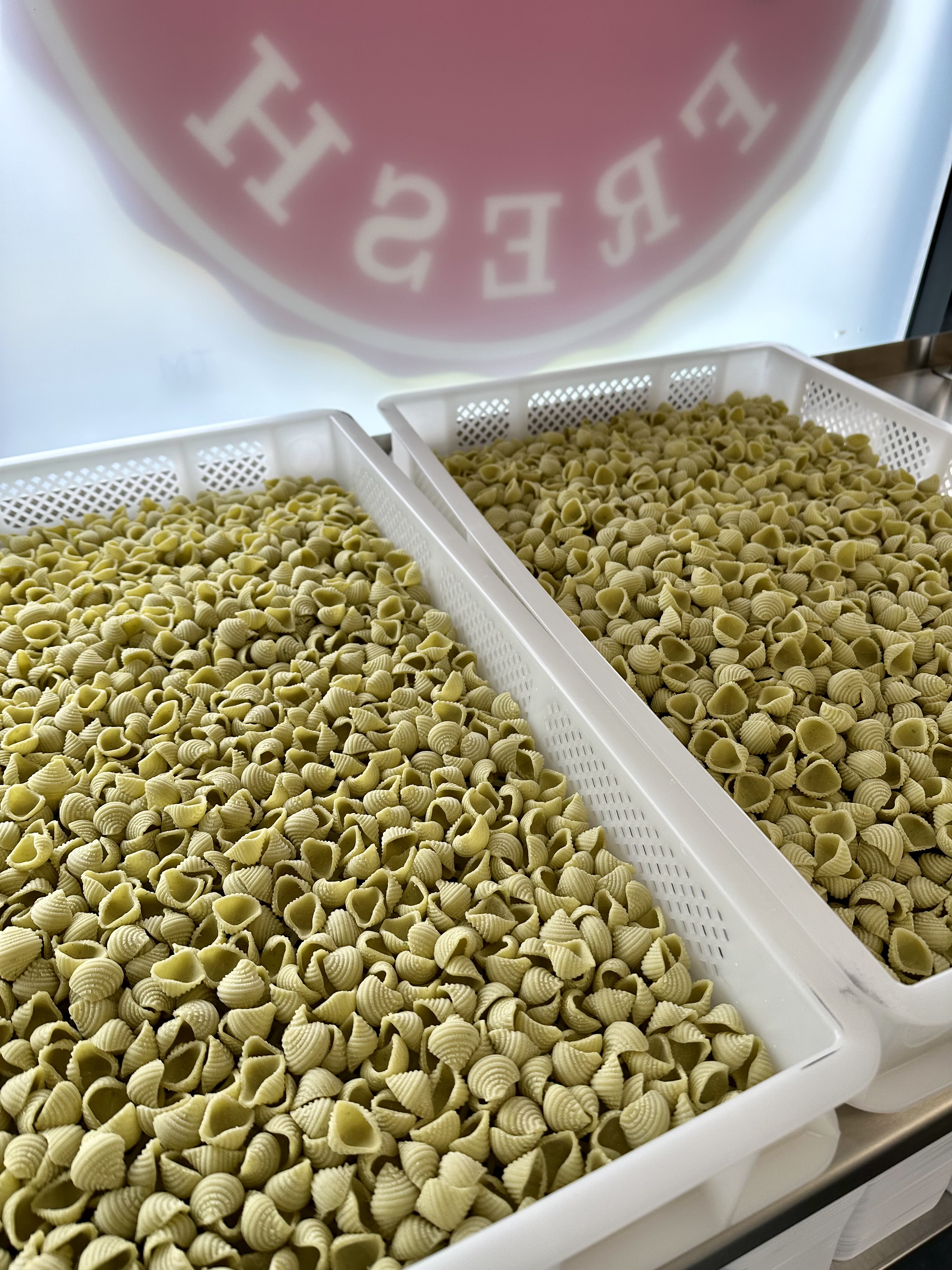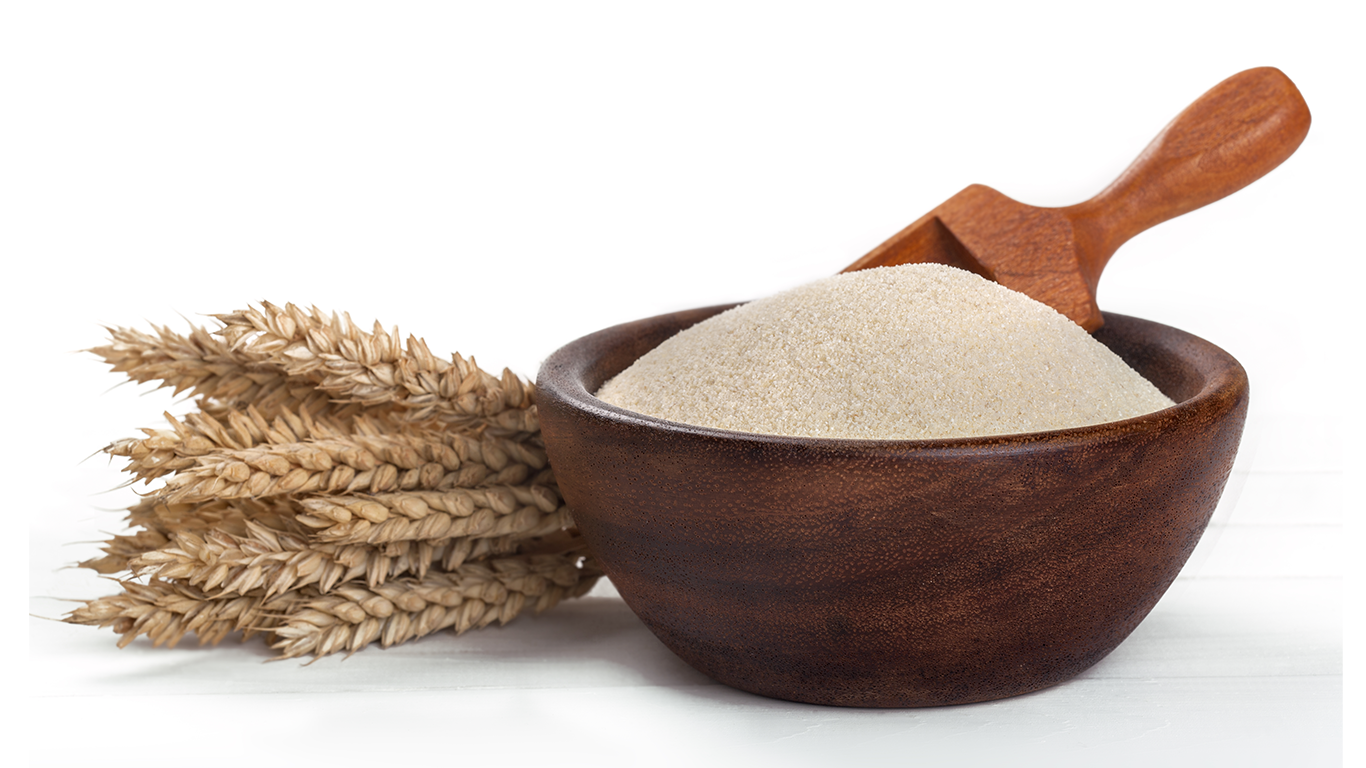1 min read
Industrial pasta producers.
Some of the largest pasta producers in the world are:Barilla Group: Barilla is an Italian food company and one of the largest pasta producers...

While industrial pasta production has advantages in terms of efficiency and mass production, some concerns and criticisms are associated with it. Here are a few aspects that are often considered unfavorable aspects of industrial pasta production:
Quality and taste: Industrial pasta production often prioritizes quantity and uniformity over quality and flavor. The traditional methods of pasta production, which involve slow drying at low temperatures, are sometimes compromised for faster and more cost-effective processes. This produces a less desirable texture and taste than artisanal or homemade pasta.
Nutritional value: Some argue that industrial pasta production can reduce the final product's nutritional value. The use of refined flours and high-temperature processing can cause a loss of certain nutrients, such as fiber and vitamins, compared to pasta made from whole wheat or durum wheat semolina.
Additives and preservatives: Industrial pasta production may involve the addition of various additives and preservatives to improve shelf life, texture, and appearance. These additives can include stabilizers, emulsifiers, and artificial flavors. While they are generally considered safe for consumption, some individuals prefer avoiding or minimizing their intake.
Environmental impact: The large-scale production processes associated with industrial pasta production can have environmental consequences. These include energy consumption, water usage, and waste generation. Additionally, the transportation and packaging of mass-produced pasta can contribute to carbon emissions and waste.
Lack of diversity: Industrial pasta production prioritizes popular and standardized pasta shapes, limiting the variety available to consumers. This can restrict options for those seeking unique or regional pasta varieties that may have cultural or historical significance.
Not all industrial pasta production is equal, and some companies may prioritize quality, nutrition, and sustainability in their processes. Additionally, consumer preferences and concerns have influenced the industry, developing healthier and more environmentally friendly pasta options.

1 min read
Some of the largest pasta producers in the world are:Barilla Group: Barilla is an Italian food company and one of the largest pasta producers...

When it comes to pasta, there is a world of difference between artisanally crafted and industrially produced varieties.

With its unique characteristics and properties, semolina flour is commonly preferred when making extruded pasta.